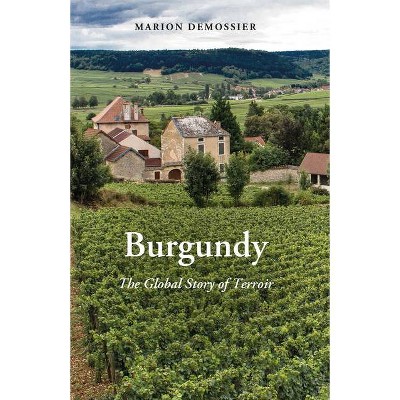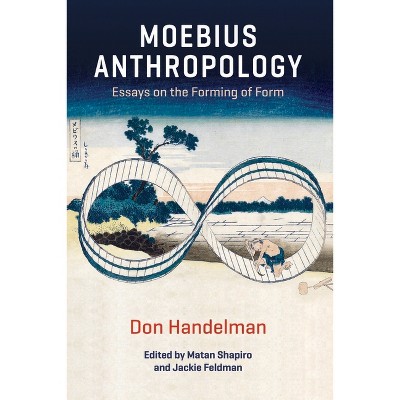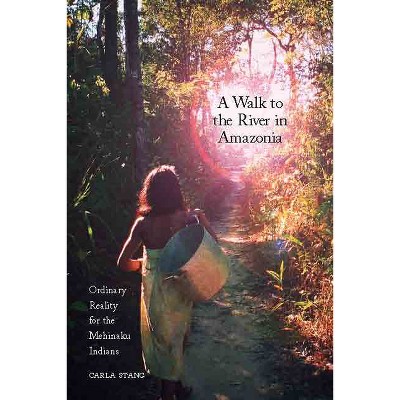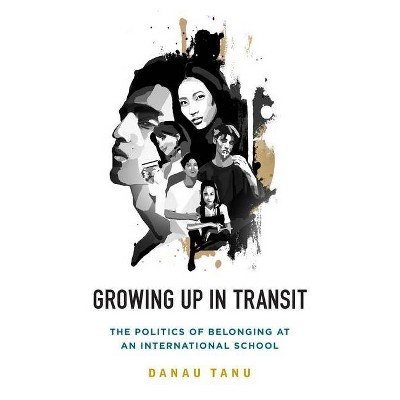Who Are 'We'? - (Methodology & History in Anthropology) by Liana Chua & Nayanika Mathur (Paperback)

About this item
Highlights
- Who do "we" anthropologists think "we" are?
- About the Author: Nayanika Mathur is Professor of Anthropology and South Asian Studies at the University of Oxford.
- 264 Pages
- Social Science, Anthropology
- Series Name: Methodology & History in Anthropology
Description
About the Book
Who do 'we' anthropologists think 'we' are? Drawing together reflections and ethnographic case studies, this volume explores how the anthropological 'we' has been construed, transformed and deployed across history and the global anthropological landscape. It interrogates how these constructions have influenced the discipline, and opens spaces in which they might be reimagined.
Book Synopsis
Who do "we" anthropologists think "we" are? And how do forms and notions of collective disciplinary identity shape the way we think, write, and do anthropology? This volume explores how the anthropological "we" has been construed, transformed, and deployed across history and the global anthropological landscape. Drawing together both reflections and ethnographic case studies, it interrogates the critical-yet poorly studied-roles played by myriad anthropological "we" ss in generating and influencing anthropological theory, method, and analysis. In the process, new spaces are opened for reimagining who "we" are - and what "we," and indeed anthropology, could become.Review Quotes
"Who Are 'We'? does not provide a response to its own title. Rather, it pulls some of the historical, epistemic and political threads that have come to produce the intricate 'we' that we think we are... Importantly, this book is not a guide through pre‐existing affinities and alterities, but an invitation to imagine new ways of reconnecting people - anthropologists and those who are not - in ever productive ways." - Social Anthropology
"[This volume] raises awareness about existing inequalities in knowledge production, and at the same time contributes to the theoretical discussions on knowledge production in anthropology." - Michal Buchowski, Adam Mickiewicz University
About the Author
Nayanika Mathur is Professor of Anthropology and South Asian Studies at the University of Oxford. Her publications include Paper Tiger: Law, Bureaucracy, and the Developmental State in Himalayan India (Cambridge, 2016) and Crooked Cats: Beastly Encounters in the Anthropocene (Chicago,2021) as well as co-edited volumes on anthropological methods and Indian politics.
Shipping details
Return details
Trending Poetry











